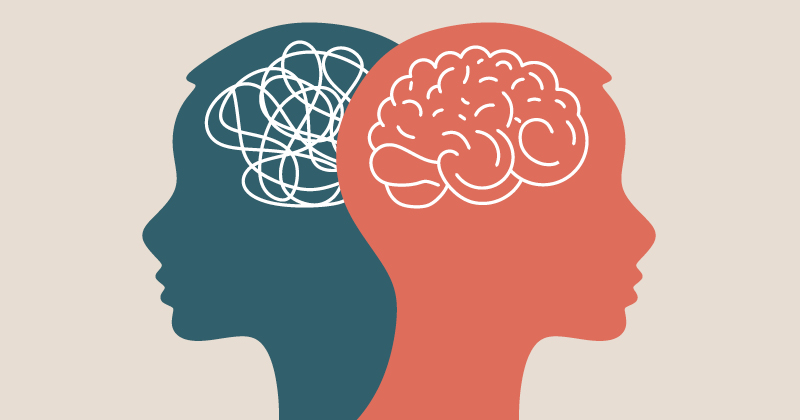Colleges are on the frontline of a growing youth mental health emergency. Recent NHS data reveals record numbers of children and young people across England needing specialist treatment for severe mental health crises, but this escalating need is outpacing the painfully slow rollout of mental health support in both schools and colleges.
NHS data analysed by YoungMinds shows a concerning 10 per cent rise in emergency, very urgent and urgent referrals for under-18s, with the total increasing to 34,793 between April and October 2024. This is up from 31,749 in the same period the previous year.
The national rollout of Mental Health Support Teams (MHSTs) in schools and colleges, which began in 2018, had only reached 44 per cent of learners as of May 2024.
The rollout has been especially slow for FE colleges. Shockingly, just 35 per cent of students in post-16 settings (equating to just 23 per cent of colleges) had access to an MHST, compared to 59 per cent of secondary school students and 39 per cent of primary pupils.
Funding fears
While the government has a target to reach 50 per cent of school and college learners by March 2025, no spending has been allocated to guarantee the rollout will continue beyond that.
Labour pledged to provide access to mental health professionals in every school in its manifesto, but disappointingly we’ve seen no concrete details on how or when this will be achieved.
But we know the quality of support is just as crucial as reach. Schools and colleges must have access to professionals who are equipped with the skills and knowledge to support the young people who need them most.
FE remains the lowest sector to take up a £1,200 grant to fund the training of a senior mental health lead. Sixty per cent of colleges completed their grant application as of March 31 2024, compared to 81 per cent in schools.
Even where MHSTs are in place, they are only trained to support young people with “mild-to moderate” mental health issues. An early evaluation of the programme found that schools desperately needed more support than MHSTs could offer, especially for young people with more complex needs.
The next stage of the rollout must ensure that no young person falls through the gap between school and college-based support and the high thresholds for accessing NHS services.
But tackling this crisis will require deeper reforms to address the root causes of poor mental health.
Growing up today is incredibly tough, with young people experiencing multiple pressures, including poverty, inequality, climate emergency and around the clock social media. Having lived through the COVID-19 lockdowns and now confronting an uncertain future, it’s no wonder so many are struggling.
Adding to these challenges, young people face intense academic pressure, with 69 per cent always or often feeling worried about getting good enough grades. This reflects over a decade of education reforms geared towards high-stakes examinations and traditional subjects.
The emphasis on meeting rigid attainment targets has made it increasingly difficult for schools and colleges to prioritise wellbeing.
Deeper reforms needed
Young people tell us they want to re-imagine the education system to move beyond a narrow focus on academic achievement. They want an education shaped by their own voices, one that prioritizes care, support and community. They feel that the endless hours of revising for high stakes, closed-book exams does little to equip them with the skills needed to excel in their future careers and adult life.
FE colleges already play a crucial role in opening different pathways to meet young people’s ambitions. But reforms are still needed to ensure young people can begin developing vocational and creative skills at an earlier age.
With the independent curriculum and assessment review underway, we have a real opportunity to make wellbeing a priority, and ensure young people feel fully prepared for life beyond college. YoungMinds will be working closely with young people, school and college professionals and the wider sector to make this vision a reality.
















Your thoughts